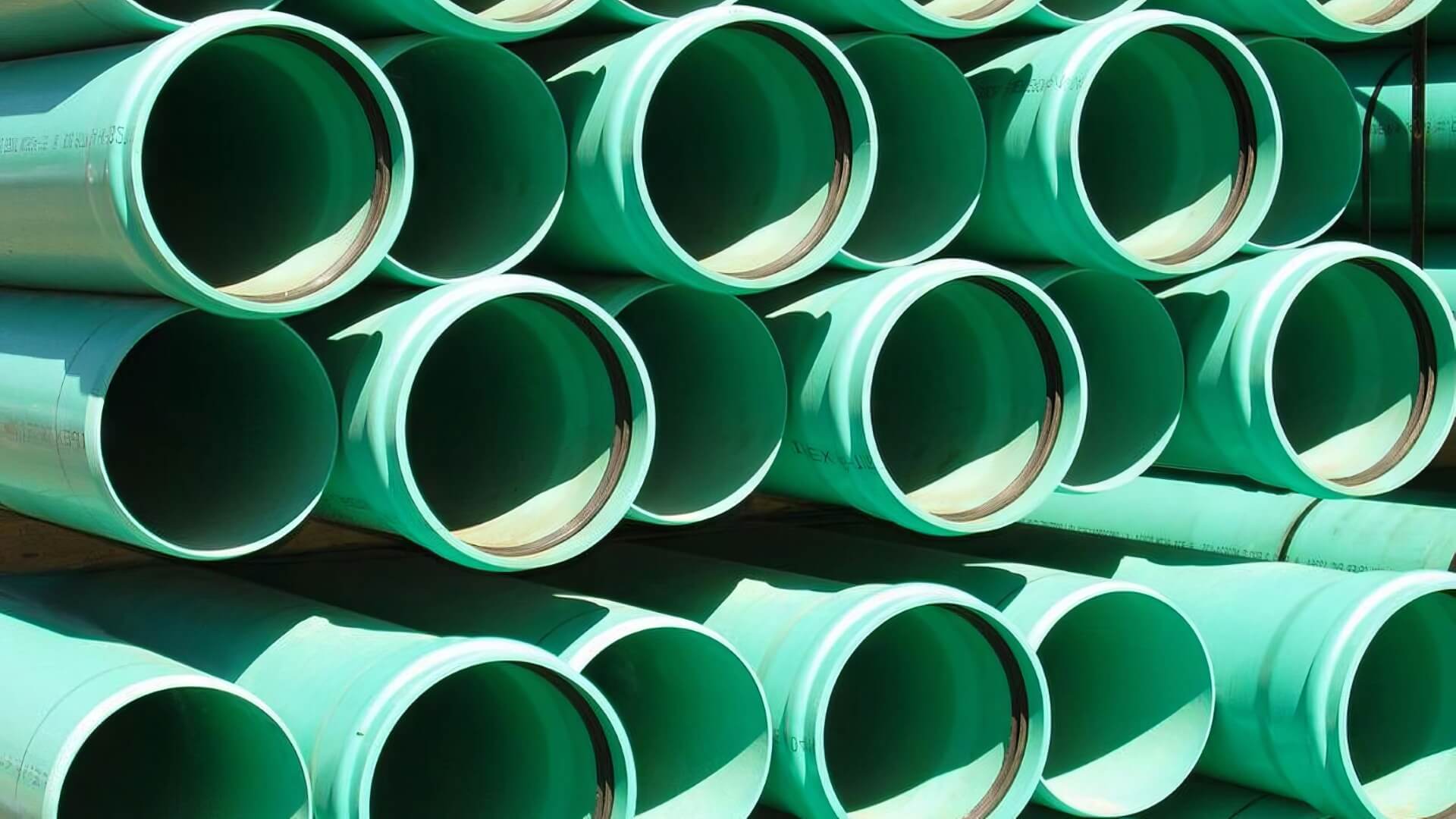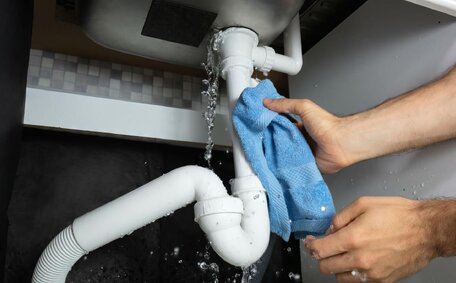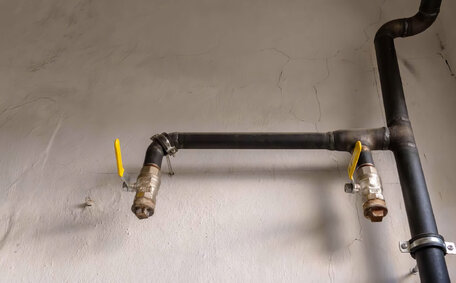Identifying Early Warning Signs of Hidden Plumbing Issues
There are some key early warning signs that may indicate hidden plumbing issues within the home. An unexpected increase in your water bill can signify a leak somewhere in your plumbing system. Damp patches appearing on your walls or ceilings can also be a red flag, indicating when to call for pipe leaks behind these surfaces.
Other signs to watch out for include a sudden drop in water pressure, strange gurgling noises coming from pipes, and excess moisture around pipe joints. Foul sewage odours inside your home, mould and mildew proliferation, and pooling water around the foundation can also indicate serious hidden plumbing problems.
To help identify issues early, it’s important to regularly inspect any exposed pipes, joints, valves and water appliances. Verify that drainage pipes are free-flowing, remaining vigilant to ensure there’s no back-up in sinks or toilets. To help identify issues early, it’s important to regularly inspect any exposed pipes, joints, valves and water appliances.
Seek out any hidden leaks, cracks, corrosion, loose components, or other signs of wear and damage.
Gas Leaks: Dangers and Solutions
Gas leaks can be extremely hazardous, there’s no understating the serious health risks from toxic fumes as well as the danger of fire or explosion. It’s crucial to react swiftly and decisively if you detect the smell of gas in your house. The most important first step is to Evacuate the property and call emergency services which can take immediate action.
Turn off the gas supply at the main valve outside your home if it is safe to do so, which can do much to prevent further risks, and immediately call for emergency plumbing services. Do not turn any electrical devices or lights on or off, as a spark could ignite leaking gas.
Make sure all family members and pets are accounted for and turn off power supply promptly to not can waste energy if necessary. Opening doors and windows can prove effective, especially in your emergency when quick ventilation is necessary due to plumbing issues.
Gas leak detectors should be installed in homes to alert occupants of any dangerous build up of gas. These detectors can give advance warning before levels become life threatening. Call your professional to have your gas pipes inspected annually, as leaks can occur from loose fittings, corrosion or damage over time, ensuring you have access to emergency plumbing when needed.
In summary, gas leaks pose extreme risks to health and safety. Be vigilant in identifying any gas smells and take urgent action. Turn off the gas, evacuate the affected area, call emergency services for a plumbing emergency, and get your system inspected by a professional to ensure safety.
Detecting Concealed Water Leaks
There are several methods homeowners can use to uncover hidden water leaks within the home. Visually inspect floors, walls and ceilings for any unusual wet spots or moisture damage possibly caused by hot water leaks.
Keenly observing your water main system usage by regularly evaluating bills for unexplained increases can suggest the presence of concealed leaks. Additionally, here are some tips: listen closely for the sound of dripping water within wall cavities or downpipes even when water shouldn’t be flowing.
Specialised leak detection equipment like acoustic listening devices, infrared thermal imaging cameras, and tracer gas tests can be employed by professionals where pipes can lead to pinpointing the exact location of non-visible leaks. These methods can lead to extremely accurate identification of escape points before it’s too late.
In summary, watching for increased water bills, wet patches inside the home and dripping sounds can signify hidden water leaks. Here, some specialised leak detection technology, paired with professional expertise, can identify concealed pipe damage before severe flooding harrows your home.
Signs of Hidden Drain Blockages
There are a few warning signs that may indicate a hidden drain blockage within your plumbing system. You may also hear strange gurgling noises when water drains. There are a few warning signs that may indicate a hidden drain blockage within your plumbing system.
If water in your sinks or the need to drain your toilet escalates or draining sluggishly, don’t hesitate to call a plumber—you’re likely facing a plumbing issue beneath the surface.
When multiple fixtures develop drain issues concurrently, it often suggests a larger problem like a sewer backup that could worsen within your main sewer line. Partial obstructions in your plumbing can cause damage by backing waste up into various drains around your home. Tree root invasion, a buildup of grease or other debris can even create hidden jams that could eventually damage your plumbing and must be addressed by strata managers over months or years before causing noticeable symptoms.
Catching clogs in your drains early, and knowing when to call for help, can help prevent water damage, sewer gas smells and health hazards related to overflow contamination. When you need to take action early upon noticing signs like an overflowing toilet or gurgling drains, it’s crucial; promptly call a professional plumber. They can then inspect, locate and clear any concealed blockages before your situation escalates.
Solutions for Covert Sewer Line Problems
There are several solutions available for dealing with hidden issues in your sewer line before they escalate into emergencies.
One of the most useful tools is a sewer line camera inspection, which might prompt a call out to address hidden issues. Catching issues early with camera scans allows for targeted repairs before sections collapse or backup waste floods your home.
A plumber can carry out investigations to ensure pipes can be thoroughly examined with a special CCTV camera down into your system to identify any blockages, breaks, root invasion or other problems that may not be noticeable from above ground.
When you call for assistance due to sewage smells inside, experience slow draining fixtures, see water pooling around pipe joints outside or have multiple clogged drains, ensure it’s a professional specialised in commercial plumbing. These symptoms are some of the most common and indicative signs of potential sewer line distress, warranting immediate assessment and remedial action.
Trenchless sewer relining is a minimally invasive solution for addressing root intrusions, cracks and corrosion without the need to dig up your yard.
Epoxy resin or PVC liners can be inserted inside the old pipe to form a smooth, watertight seal. For more serious pipe damage that could affect your home’s integrity, targeted spot repairs or full sewer line replacement may be necessary.
In summary, regular sewer line inspections, prompt response to any warning signs and advanced repair methods can effectively address covert sewage pipe issues before catastrophic system failure happens.
Preventing Extensive Water Damage
There are several effective strategies homeowners can employ to help prevent extensive water damage from plumbing leaks or pipe bursts:
- Perform regular inspections and maintenance to ensure you fix your plumbing system before any minor issues become significant and damage your property. Addressing minor leaks promptly can save you from a major plumbing problem.
- Install comprehensive leak detection systems that can turn off your main water supply via smart shut-off valves, thus aiding damage mitigation. Sensors will detect abnormal water flow and instantly switch the off water supply.
- Master how to quickly locate and shut off water supply by operating your home’s main water shut-off valve during leaks, to avoid any long time water wastage. Familiarise household members too.
- Place overflow trays, containers or sheeting beneath your water heater, washing machines and sinks to catch drips - limiting damage.
- Be vigilant for signs of a plumbing leak such as damp patches or persistent odours and call your plumber for an expert assessment. Take prompt investigative action.
- If a burst pipe does occur, immediately turn off power, call your emergency plumber, and contain the water spread using towels as effectively as possible.
Equipping yourself with preventative measures, early intervention practises and emergency response plans will help avert extensive destruction from undetected or sudden plumbing failures. For comprehensive assistance with preventing water damage in your plumbing system, do not hesitate to give us a call.
Safeguarding Health from Contaminants
It’s crucial to safeguard your health by preventing contamination of drinking water within your plumbing. Rust, lead, bacteria and chemicals are some hazardous materials that can infiltrate pipes, impacting water quality.
To protect your homes environment, have your water tested annually and after any plumbing repairs. Mount certified point-of-use filters on your faucets and showers where potable water is accessed. Filters Remove impurities through mechanical straining or activated carbon adsorption.
Also check tank style filters and water softeners regularly, refilling salts/media as needed. Look for discoloured water, strange smells or tastes which indicate contamination. Finally, ensure corrosion control by maintaining pipe integrity without leaks.
Sanitise your system by flushing pipes before using water again after extended periods away from home.
Safe, clean water is essential. Take proactive steps to guard against contaminants entering your plumbing. Have any water quality or filtering concerns inspected by your plumber, who’s a professional ready to assist.
Protecting Appliances from Failure
Hidden plumbing issues like leaks, corrosion and blockages can ultimately lead to failure of water-connected appliances such as water heaters, washing machines, ice makers and more.
Dripping pipes or valves near appliances increase the risk of electrical shorts. Poor water flow can be a problem your appliances might suffer from, causing undue strain. Floods from burst water pipes can damage internal parts.
Routinely inspecting exposed appliance hoses, valves, and fittings allows early leak detection within your hot water supply system and repair before failure occurs.
Ensure all supply lines have adequate pressure and proper drainage. Install drip pans beneath your hot water system and appliances to contain minor leaks. Using water hammer arrestors can prevent damaging pressure surges inside pipes.
To prevent how unseen problems can shorten appliance lifespan, contact your local plumber and maintain your overall plumbing system with professional care. Annual pipe inspections you can rely on to uncover hidden problems like pinhole leaks or accumulation of scale and sediment. Proactive repairs prevent further damage and maintain water quality, which is vital for the functional life of appliances and fixtures.
In summary, deficient plumbing puts unnecessary strain on water-fed appliances, causing premature breakdowns. Stop issues escalating with vigilant monitoring. Schedule preventative maintenance checks to keep your plumbing and connected devices working reliably for years.
When to Call a Professional Plumber
There are certain plumbing situations where it is essential to call in a professional rather than attempting DIY repairs.
If you experience any leaks, bursts or breaks with your home’s main water line, Immediate professional intervention is essential when plumbing concerns escalate, requiring emergency plumbing services. When you need help, remember that main line issues can cause extensive damage to your property quickly. Similarly, city sewer backups that send raw sewage overflowing into your home necessitate emergency plumber response.
Anytime major new plumbing fixtures need installation like water heaters, sinks or laundry appliances, using a licenced pro ensures proper setup meeting all codes and safety regulations.
Technicians provide plumbing services with specialised equipment, expertise, and experience, addressing common emergencies like burst pipes, gas leaks, blocked drains, and sewer obstructions that homeowners should not tackle themselves.
In summary, while minor leaks and drips may be manageable for minor home repairs, it is always advisable to call professional plumbers for the following reasons:
- Main water line leaks
- Sewer line stoppages sending sewage backups through drains
- Installation of new water heaters or large appliances
- Gas leaks from pipes or appliances
- Major pipe failures causing extensive water damage
You can call on our licenced technicians any time, as they are available 24/7 to provide emergency plumbing services and respond urgently to any plumbing catastrophe so you can avoid injury and prevent the situation worsening into a much larger scale disaster.
Establishing Preventative Maintenance Routines
To help avoid plumbing emergencies, it is essential to establish a routine of regular maintenance. This involves professional inspections paired with simple homeowner tasks done regularly between visits.
Annual plumbing inspections can uncover any issues within concealed pipes before catastrophes occur and are invaluable when carried out by certified plumbers. Technicians complete thorough checks on water pipes, drainage systems, gas pipes, sewer lines and fixtures using specialised tools and leak detection methods, ensuring issues are addressed as soon as possible.
Problems in your pipes like tiny leaks, blocked drains or root intrusions can be discovered for early repair. They also assess water pressure/flow, corrosion and appliance functionality. Up to date maintenance schedules are provided.
On your own, you should perform quick monthly pipe inspections too, looking for damp spots, strange smells and other warning signs described earlier.
Check under sinks for leaks. Have water quality tested if concerned. Listen for odd sounds from concealed pipes indicating a potential plumbing issue.
Also run all taps and flush toilets to maintain flow. Pour water into unused drains to maintain traps. Clean fixtures as needed and install protective pipe insulation in cold areas.
Vigilance and taking the step to call our team between professional visits can ensure the health and longevity of your plumbing system. Reach out to our team anytime about establishing the right maintenance plan for all your plumbing needs.






